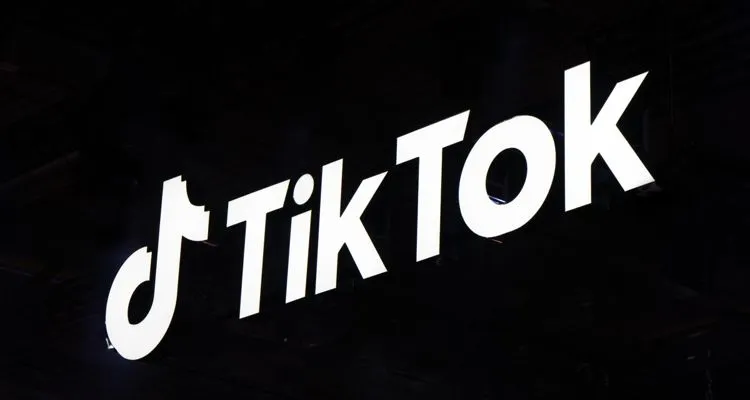Photo Credit: Jonathan Kemper
TikTok owner ByteDance has ramped up its lobbying efforts to the US government after its data security issues.
OpenSecrets analyzed the company’s reported payments to federal lobbyists since 2019. What they found is that the social platform owner is ramping up its spending. It spent $5.3 million on lobbying in 2022, becoming the fourth-largest internet company in lobbying spend, surpassed only by Amazon, Alphabet (Google) and Meta (Facebook).
TikTok is facing increased scrutiny in Congress as many officials are expressing concerns about how much access China has to data. FBI Director Chris Wray has also expressed concerns for how the social media app could be used to sway American public opinion. Nearly two dozen state governors have enacted a ban on TikTok for government devices.
Where does the pressure to ban TikTok come from?
Several reports concerning Chinese employee access to U.S. user data have been published. BuzzFeedNews reported that ByteDance employees have a backdoor into TikTok that allows them to access private American data, despite Project Texas. Project Texas is a data fence that is supposed to keep American data on American soil—but that matters very little when backdoors exist.
ByteDance launched its lobbying operations in the second half of 2019, assembling a large team comprised of multiple former government officials. There are at least 40 lobbyists working for ByteDance, including dozens who previously held government positions. Four of ByteDance’s revolving door lobbyists are former members of Congress and 31 are former Congressional staffers.
Who is lobbying for ByteDance?
OpenSecrets reports that lobbyists for ByteDance include former Senators Trent Lott (R-MS) and John Breaux (D-LA), who now work for Washington lobbying firm Crossroads Strategies. Former Representatives Jeff Denham (R-CA) and Bart Gordon (D-TN) work for the firm K&L Gates and are registered to lobby on behalf of ByteDance.
ByteDance has lobbied on a number of bills, including the United States Innovation and Competition Act of 2021, which would help the U.S. compete with China. It also lobbied the Children and Teens Online Privacy Protection Act, which would limit the way websites can collect personal information about minors.

